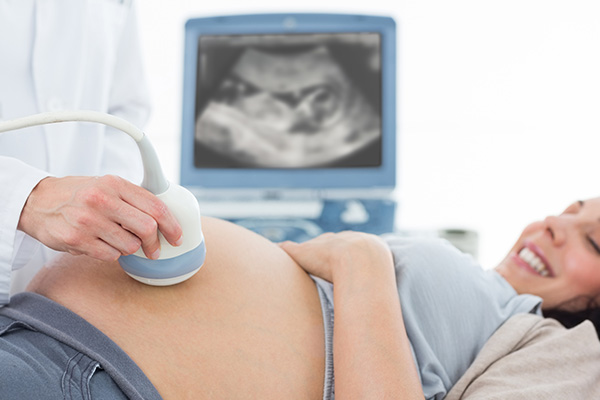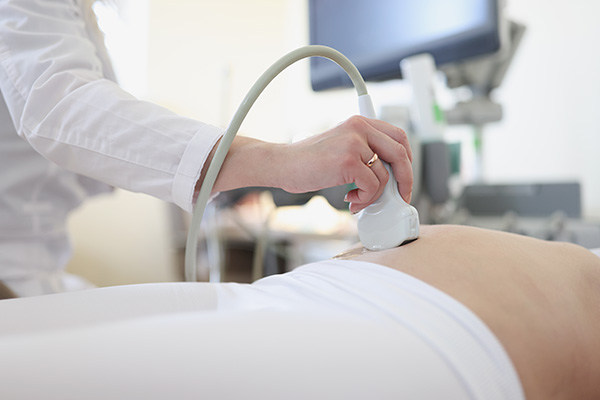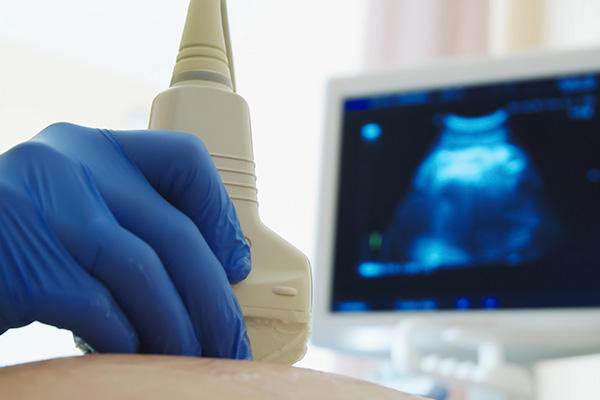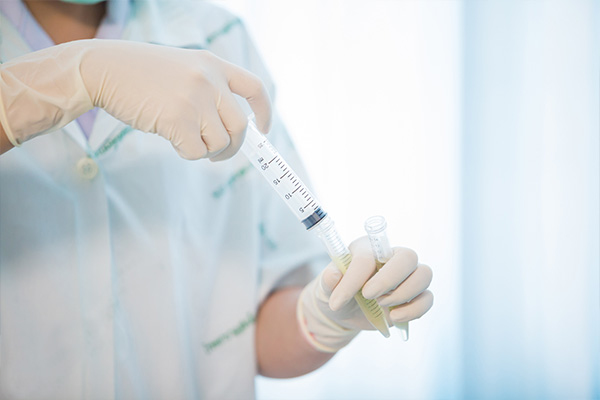Obstetrical Imaging & Services
in Miami, FL
Obstetrics (OB) / Gynecologic Ultrasonography
You and your baby’s health and well-being come first at the Diagnostic Center of Miami. We offer obstetric ultrasounds for routine, as well as high-risk pregnancies.

The Importance of Sequential Screening
The sequential screening test combines measurements from two blood tests, a first trimester ultrasound to evaluate the nuchal translucency and other genetic factors to tell you more about your developing baby. Screening tests cannot definitively diagnose or rule out any specific condition, nor ensure the birth of a healthy baby, but they do provide you and your doctor with important information to help manage your pregnancy.
Obstetrical Ultrasound
An Obstetric ultrasound uses sound waves to produce pictures of a baby within a pregnant woman, as well as the mother’s uterus and ovaries. It does not use ionizing radiation, has no known harmful effects, and is the preferred method for monitoring pregnant women and their unborn babies. A Doppler ultrasound study is a technique that evaluates blood flow in the umbilical cord, fetus or placenta, which may be part of this exam as well.


Cell-free Fetal DNA Testing
Cell-free fetal DNA testing screens the fetus for certain birth defects that are caused by an abnormal number of chromosomes. It also can reveal the sex and blood type of the fetus. The testing is done through a blood test for the mother and can be done as early as 10 weeks in the pregnancy.
Nuchal Translucency/Nasal Bone
The nuchal translucency scan evaluates your baby’s risk of having Down syndrome and other chromosomal abnormalities, as well as major congenital heart problems. This non-invasive test taken during the first trimester uses ultrasound to measure the thickness of the fluid found at the back of your developing baby’s neck. Babies with abnormalities tend to accumulate more fluid at the back of their neck during the first trimester.


Chorionic Villus Sampling (CVS)
Chorionic villus sampling is usually done during the first trimester of pregnancy to determine any genetic disorders the baby may have. A thin tube is guided through the cervix or a needle is inserted into the uterus to remove a sample of cells that contain genetic information from the placenta.
First Trimester Screening
First trimester screening offers early information about a baby’s risk of certain chromosomal conditions, such as Down syndrome and Edwards’s syndrome. The screenings involve a blood test to measure levels of pregnancy-specific substances an ultrasound exam to measure the size of the clear space in the tissue at the back of the baby’s neck.


Amniocentesis
Amniocentesis is a second trimester procedure in which amniotic fluid is removed from the uterus for testing or treatment. This fluid contains fetal cells and various chemicals produced by the baby that provides information about the baby’s genetic makeup.






